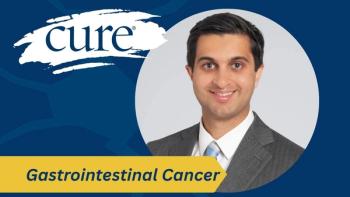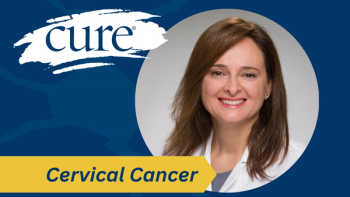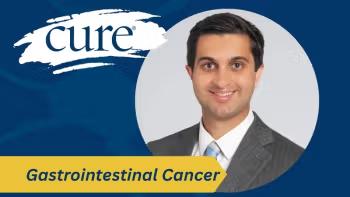
- Spring 2013
- Volume 12
- Issue 1
HPV-Related Cancers Rising
Key Takeaways
- HPV-related cancer diagnoses are rising, driven by anal and head and neck cancers, despite being largely preventable with vaccines.
- Gardasil and Cervarix vaccines are available but have low uptake due to cost, side effects, and stigma concerns.
Cases of HPV-related cancers are on the rise, specifically those associated with head and neck and anal cancers.
In January, the Annual Report to the Nation on the Status of Cancer revealed that while cancer deaths continue to decrease by a marginal amount, the number of cancer diagnoses related to human papillomavirus (HPV) is increasing, largely fueled by anal and head and neck cancers caused by the virus. Experts find this disconcerting because the rise in HPV-related cancers is largely preventable.
Certain strains of HPV are transmitted during sexual contact, and two approved vaccines, Gardasil and Cervarix, protect against the virus.
Gardasil has been approved to protect against cervical cancer in females ages 9 to 26. Additional studies have led to the vaccine being approved for prevention of genital warts, vulvar, vaginal and anal cancers, and for use in males ages 9 to 26. It is also believed to help prevent HPV-related oropharyngeal cancers. Unfortunately, vaccine rates continue to be low. Only a third of girls and less than 2 percent of boys have received the three doses needed to provide full protection. Controversy over vaccinating children to protect against sexually transmitted disease, the cost (around $400) and fear of side effects have likely led to the low vaccination rates. The Healthy People 2020 initiative, a plan sponsored by the U.S. Department of Health and Human Services, includes a goal of an 80 percent HPV vaccination rate for girls. The authors of the report expect the rate of vaccination to increase eventually, especially in males, which could have a significant impact on the number of anal and oropharyngeal cancers.
There have been gains in one HPV-related cancer, though. Cervical cancer rates have decreased, most likely attributed to early screening and detection with Pap smears.
Articles in this issue
almost 13 years ago
How Caregivers Adjust to Post-Cancer Lifealmost 13 years ago
Planning for an Unpredictable Canceralmost 13 years ago
Pipelinealmost 13 years ago
Research Updatesalmost 13 years ago
Stars Team Up to Help Young Cancer Patientalmost 13 years ago
Tool Helps Users Prepare for End-of-Life Discussionalmost 13 years ago
National Women's Survivors Conventionalmost 13 years ago
Dr. Lacouture's Skin Care Guide for People Living with Canceralmost 13 years ago
Recalcitrant Cancer Research Act Becomes Law



